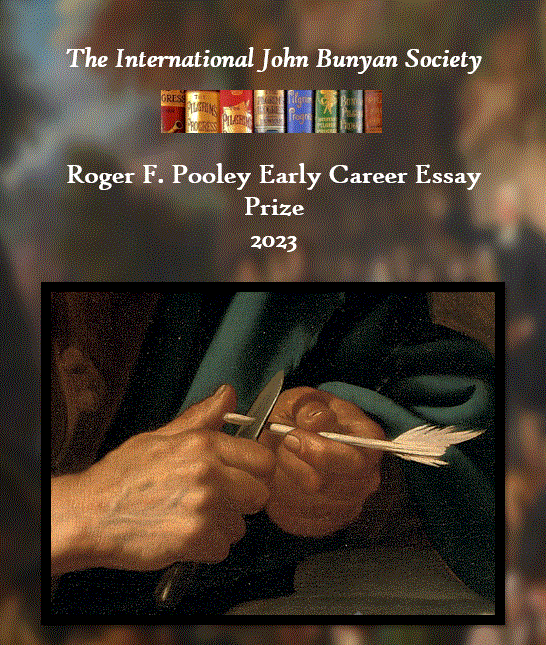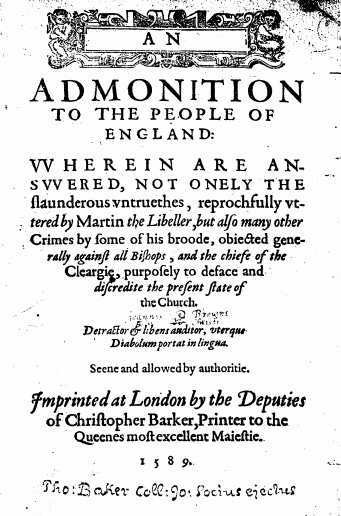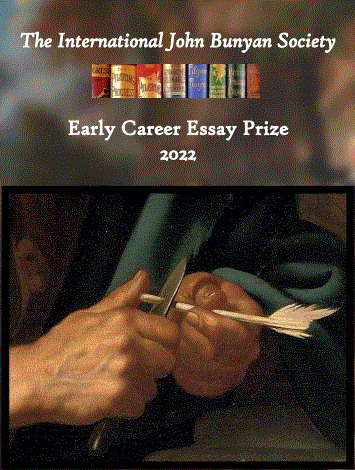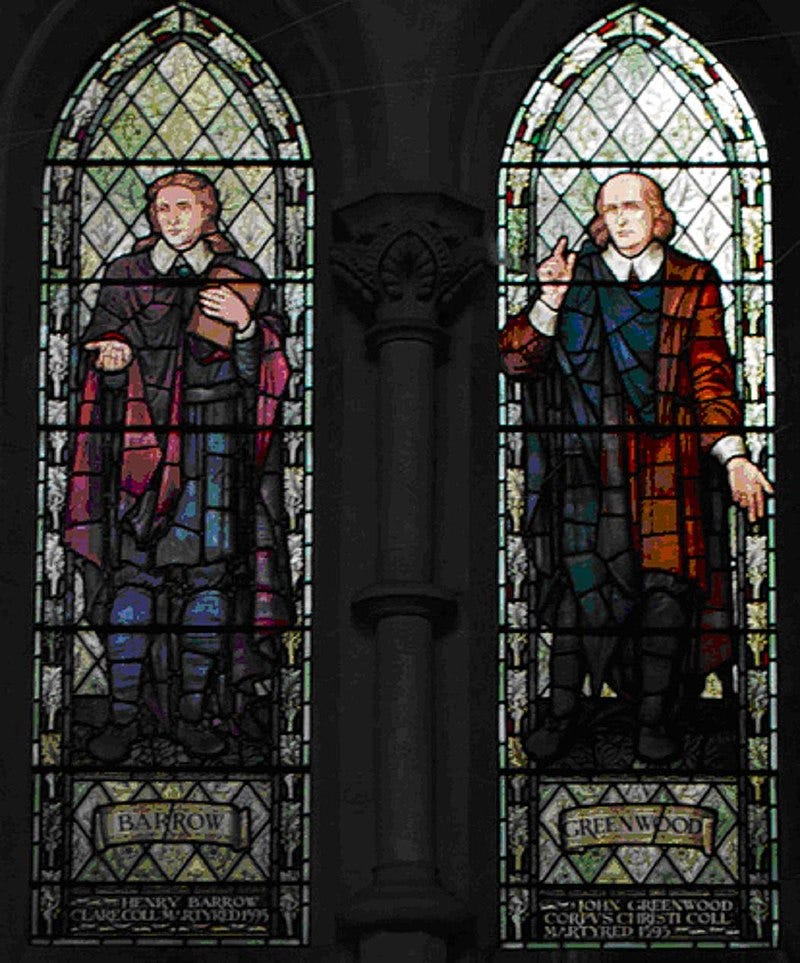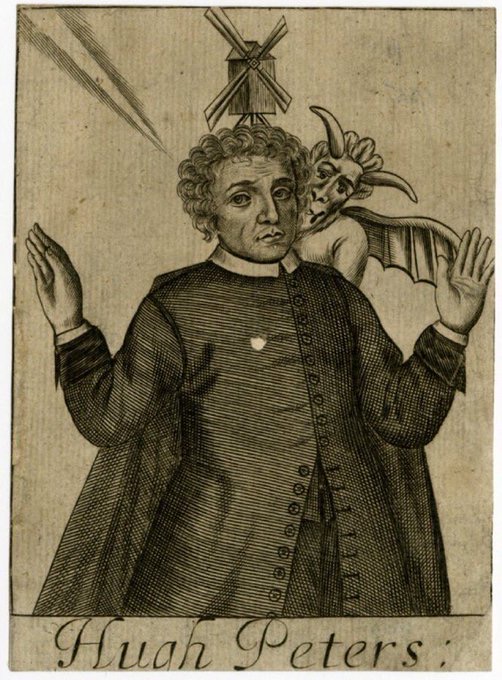
SUBMISSIONS ARE NOW OPEN
Deadline: 28 June 2024
The International John Bunyan Society’s (IJBS) annual Roger F. Pooley Early Career Essay Prize recognises the cutting-edge research of junior scholars in the field of early modern religion and dissent.
Criteria:
- The competition is open to PhD students and post-doctoral researchers up to two years after their viva.
- To be eligible, applicants MUST be members of the IJBS. Membership enquiries can be made via the Society’s UK Treasurer, Rachel Adcock, at r.c.adcock@keele.ac.uk.
- Applicants can submit an essay of up to 8,000 words (e.g. part of a chapter, a draft of an article, or a written version of a conference paper) by 28 June 2024 as an email attachment. The word count includes footnotes, but excludes the title, bibliography, and any appendixes (which, however, should not be longer than the text of the essay).
- The author’s name, affiliation, and role (e.g. final-year PhD student) as well as the word count should be indicated on the title page.
- A brief biography outlining the applicant’s current research project (150 words) should also be included.
This year the IJBS welcomes contributions on any theme related to the Society’s scope. All submissions will be judged by members of the Selection Committee, and candidates will be informed of the outcome via email no later than 31 July 2024. The winner receives a certificate, a financial award of £300, one year’s free membership to the IJBS, and a year’s subscription to the Society’s peer-reviewed journal: Bunyan Studies.
Please send all submissions by 28 June 2024 to the Society’s General Secretary, Michael Arbino, via JohnBunyanSociety@outlook.com.


